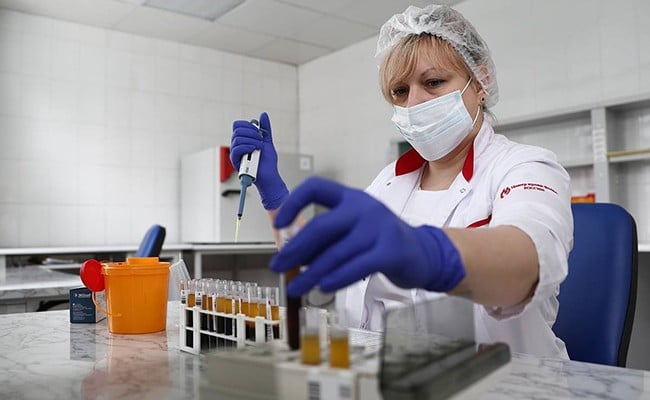
This is the information he shared at the XII International Technology Development Forum "Technoprom" held in Novosibirsk, Russia.
Last October, the institute also reported the successful completion of the first phase of clinical trials of a breast cancer drug. The trial not only confirmed the drug's safety but also demonstrated its effectiveness in inhibiting tumor growth.
"The cost of the second phase of clinical trials is about half a billion rubles. This is the stage of studying the mechanism and clinical approach, so it will take at least 1.5-2 years," said Vladimir Koval.
The institute's director also said that scientists hope to start the research this year. The research will be conducted at the same location as the first phase, with a focus on the Petrov Oncology Center in Saint Petersburg.
Previously, patients with advanced breast cancer who were in the advanced stages of the disease participated in the trial. After using the drug, doctors observed a reduction in tumor size and stable treatment in about 55% of patients.
The Institute of Fundamental Biology and Medicine, Siberian Branch of the Russian Academy of Sciences, the Vector Center of Rospotrebnadzor, in cooperation with Oncostar LLC (a company based in Skolkovo), developed the drug.
The drug is based on a recombinant strain of the smallpox virus, VV-GMCSF-Lact. Scientists removed two regions responsible for the virus's virulence from the virus's genome and instead inserted genes that enhance the virus's cancer-killing activity.
For the first time in the world , a gene encoding a protein that kills cancer cells has been incorporated into an anti-tumor drug. Clinical trials of the drug, the first of its kind, are set to begin in Russia in 2022.
To fight cancer, trials have recently begun using so-called oncolytic viruses, which are modified so that they lack the genes that cause the most unpleasant symptoms of viral infection, and instead, genes are inserted to stimulate anti-cancer immunity.
This modified virus essentially invades cancer cells and kills them. The virus then stimulates the patient's own immune system, and the body begins to fight the cancer cells.
The XII International Technological Development Forum "Technoprom" was held in Novosibirsk from August 27 to 30, with the main theme being "Science, Human Resources, Industry: Key Factors of Technological Leadership".
Source: https://nhandan.vn/giai-doan-thu-nghiem-thuoc-dieu-tri-ung-thu-moi-co-the-mat-toi-hai-nam-post904425.html



![[Photo] President Luong Cuong receives Speaker of the New Zealand Parliament Gerry Brownlee](https://vphoto.vietnam.vn/thumb/1200x675/vietnam/resource/IMAGE/2025/8/29/7accfe1f5d85485da58b0a61d35dc10f)
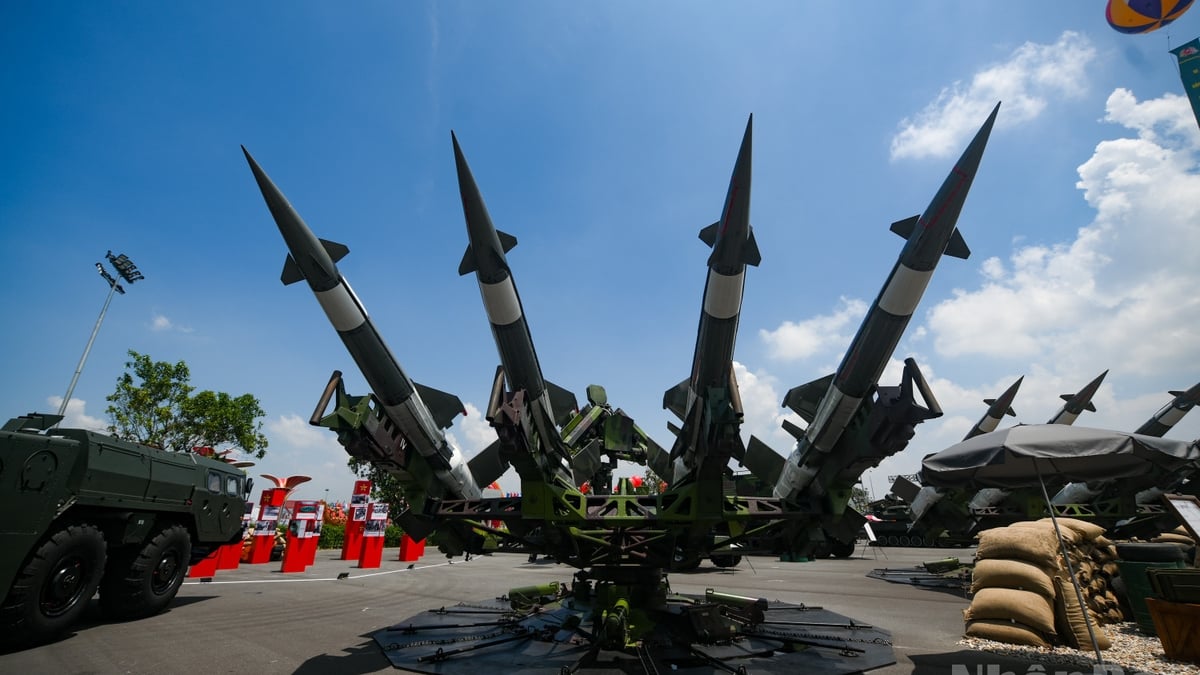

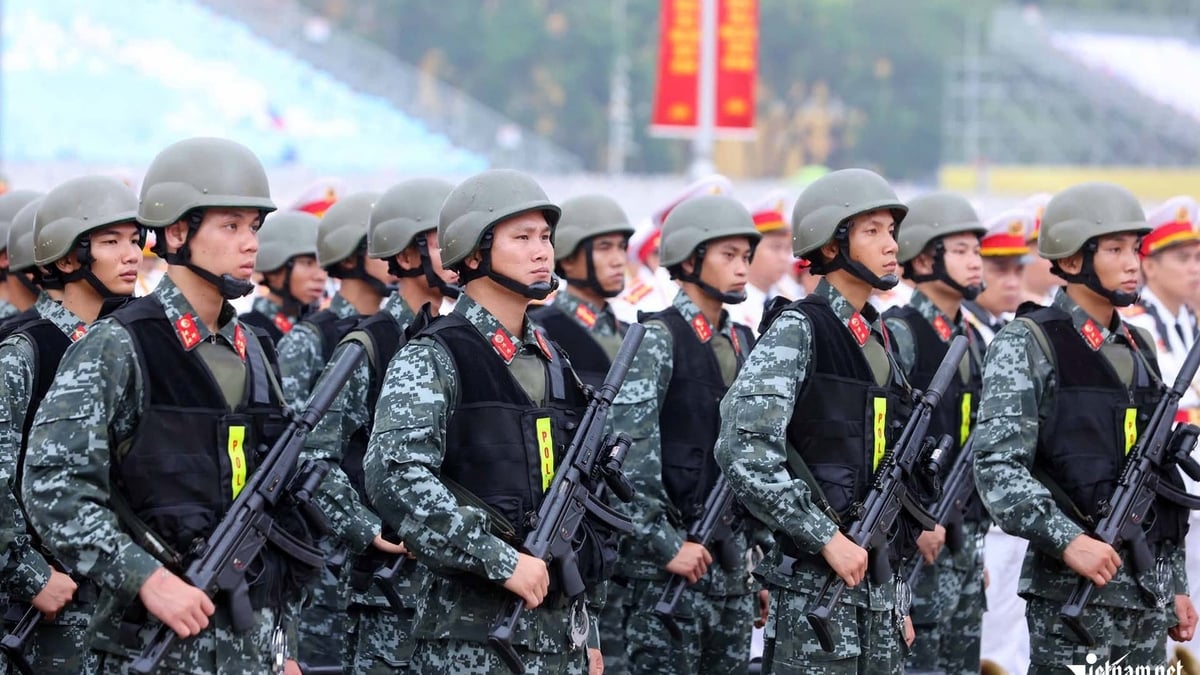







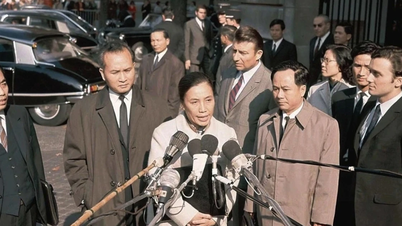
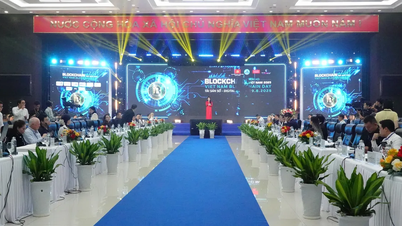








![[Photo] President Luong Cuong receives Speaker of the New Zealand Parliament Gerry Brownlee](https://vphoto.vietnam.vn/thumb/402x226/vietnam/resource/IMAGE/2025/8/29/7accfe1f5d85485da58b0a61d35dc10f)

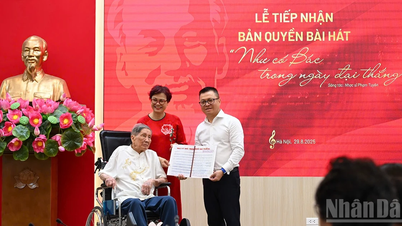
![[Photo] Hanoi is ready to serve the occasion of the 80th National Day Celebration on September 2nd](https://vphoto.vietnam.vn/thumb/1200x675/vietnam/resource/IMAGE/2025/8/29/c838ac82931a4ab9ba58119b5e2c5ffe)











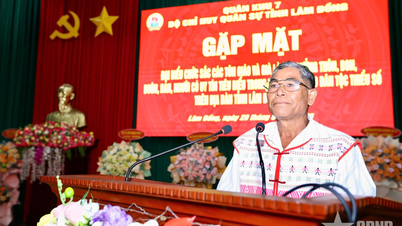

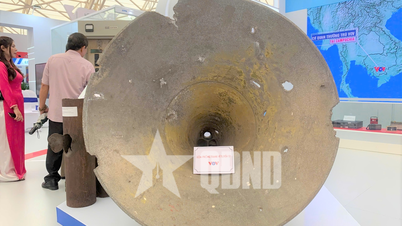


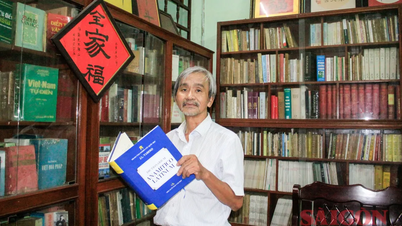






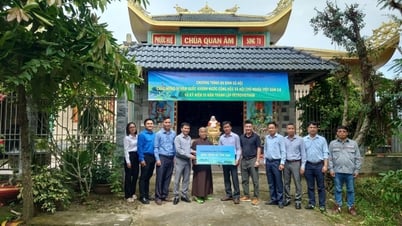


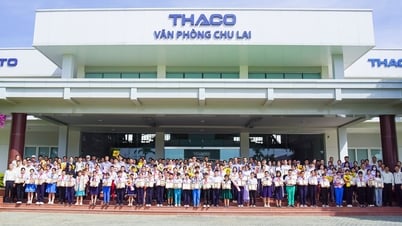





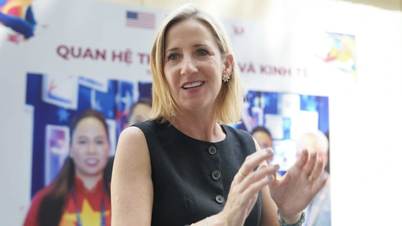





























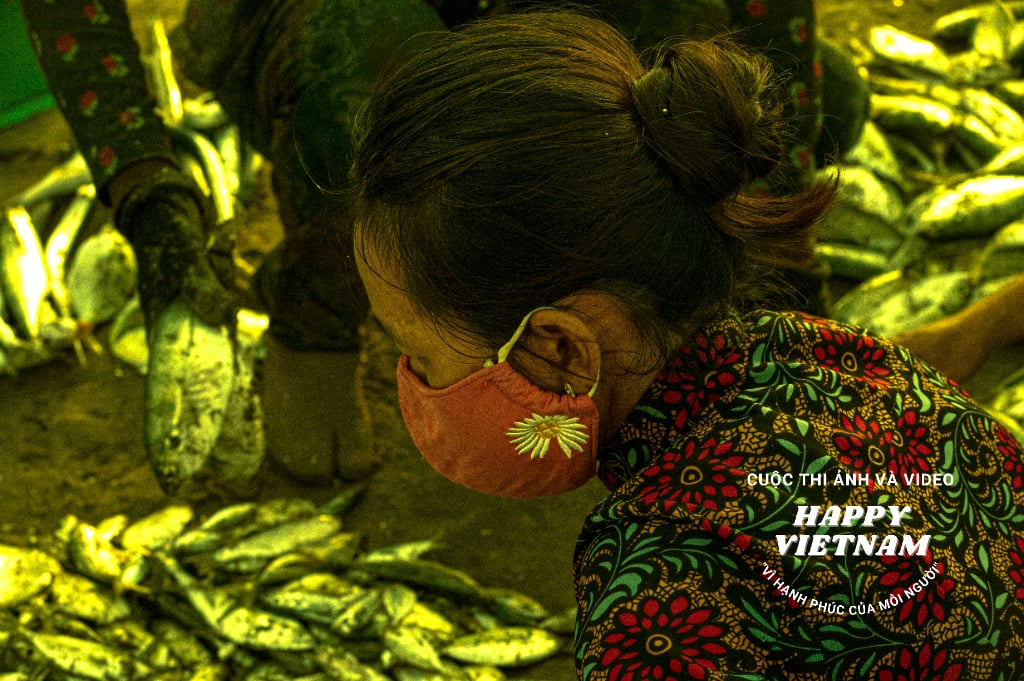


Comment (0)